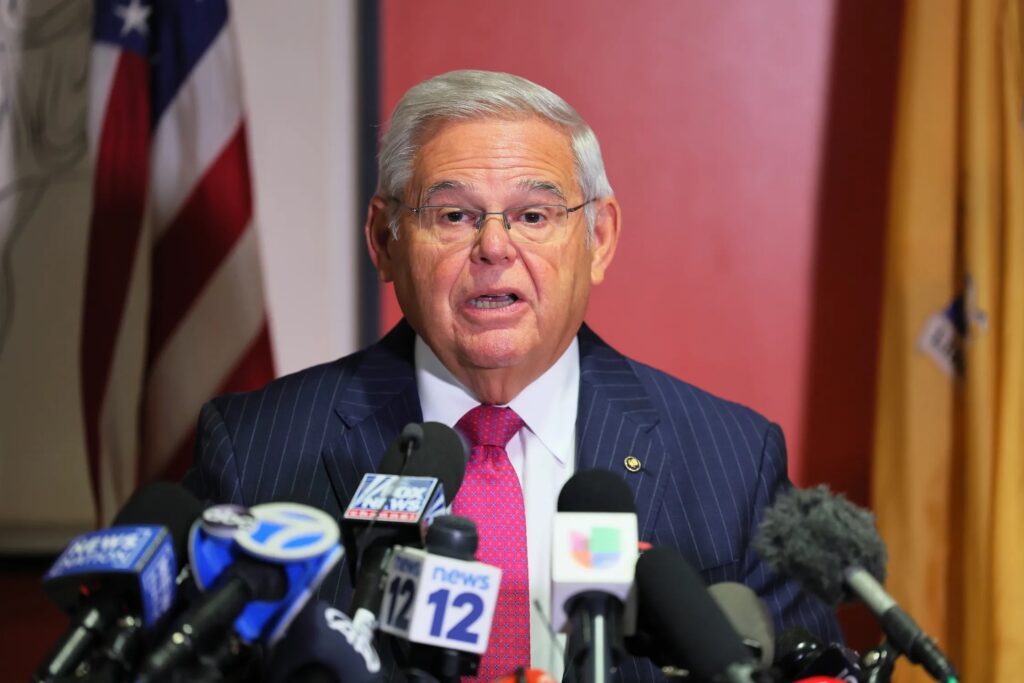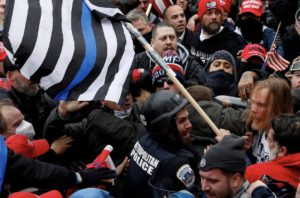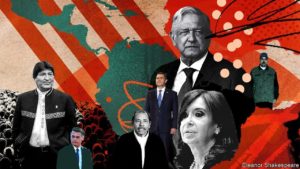
Gold bars, a Mercedes-Benz C-300 convertible, and hundreds of thousands of dollars in cash. The bribery charges surrounding Senator Bob Menendez and his wife make for entertaining reading — if you’re not from New Jersey, that is.
For natives of the Garden State, Menendez’s troubles make for familiar reading. New Jersey is unfortunately no stranger to political scandal. It was not that long ago that former governor and current presidential candidate Chris Christie’s administration closed off the George Washington Bridge to punish the mayor of Fort Lee for not endorsing his successful re-election bid. Before that, there was the arrest of the mayor of Hoboken weeks into his term. And don’t forget the conviction of former Mayor Sharpe James of Newark for fraud. New Jersey was ranked the 8th most corrupt state in the nation, according to a survey of investigative reporters covering state issues across the country.
What brings about such rampant corruption in New Jersey? Part of the answer is the strong Democratic Party machine.
Mechanisms like confusing ballots help the party insulate itself from the public. South Jersey is infamous for its Democratic machine, to the point where it made life difficult for incumbent Democratic governor Phil Murphy. They’ve been investigated by the state attorney general, and a former North Jersey Democratic Party boss was indicted for bribery, fraud, and racketeering.
All of this occurs because of Democrats’ longstanding grip on political power. Though New Jersey has elected Republican governors on multiple occasions, it is a solid blue state nationally and the state legislature typically reflects that. The multitude of large urban cities makes electing liberal politicians a foregone conclusion, and a sense of complacency forms as these politicians begin to think they are infallible. Of course, the corruption isn’t limited to Democrats: former Governor Christie, who played a role in the aforementioned bridge closure scandal, is a Republican.
Another key element is low voter turnout. New Jersey has closed primaries, meaning only party members can vote in their primaries. This policy is reflected in the turnout for each of these nominating contests: the 2023 primaries saw 15.1% of registered Democrats come out to vote, and 14.4% of registered Republicans. November general elections may often seem like a done deal because of the partisan lean of legislative districts and cities which makes nominating honest public officials in the summer much more important. Low turnout means that politicians who may not stand up to scrutiny under a wider, more engaged electorate can coast to victory, and come general election time many will hold their nose and vote for their party. In our current era of political polarization, party allegiance often prevails over a candidate’s personal values. This bias only emboldens corrupt officials who make it to the big stage and allow them to cast themselves as the “lesser of two evils.”
Another more social factor might be the very nature of New Jerseyans. In a recent interview with POLITICO, economist and professor Oguzhan Dincer cited the book American Federalism by Daniel Elazar. Elazar divided the states that compose our country into three categories: individualistic, moralistic, and traditionalist. New Jersey and many other more urban/suburban states tend to be individualistic, meaning that politics is seen as a vehicle to progress a politician’s career rather than a communal experience to better society.
Therefore, New Jersey’s civic culture might need retooling to help curb corruption. Open primaries would be a start, but more direct involvement with legislators and well-publicized town hall meetings and public forums could also generate more engagement from everyday residents. These measures could also create more support for candidates running outside the party machine, like Representative Andy Kim, who is mounting a challenge in next year’s primary for the seat held by Senator Menendez. The famous documentary Street Fight covering the 2002 Newark mayoral race between Sharpe James and now Senator Cory Booker is another example of bringing people into the system.
Bit by bit, corrupt politicians can fall; it just takes buy-in from voters and a politician willing to fight the good fight in the state whose local newspapers provided the plots for the most famous mob show on TV.



